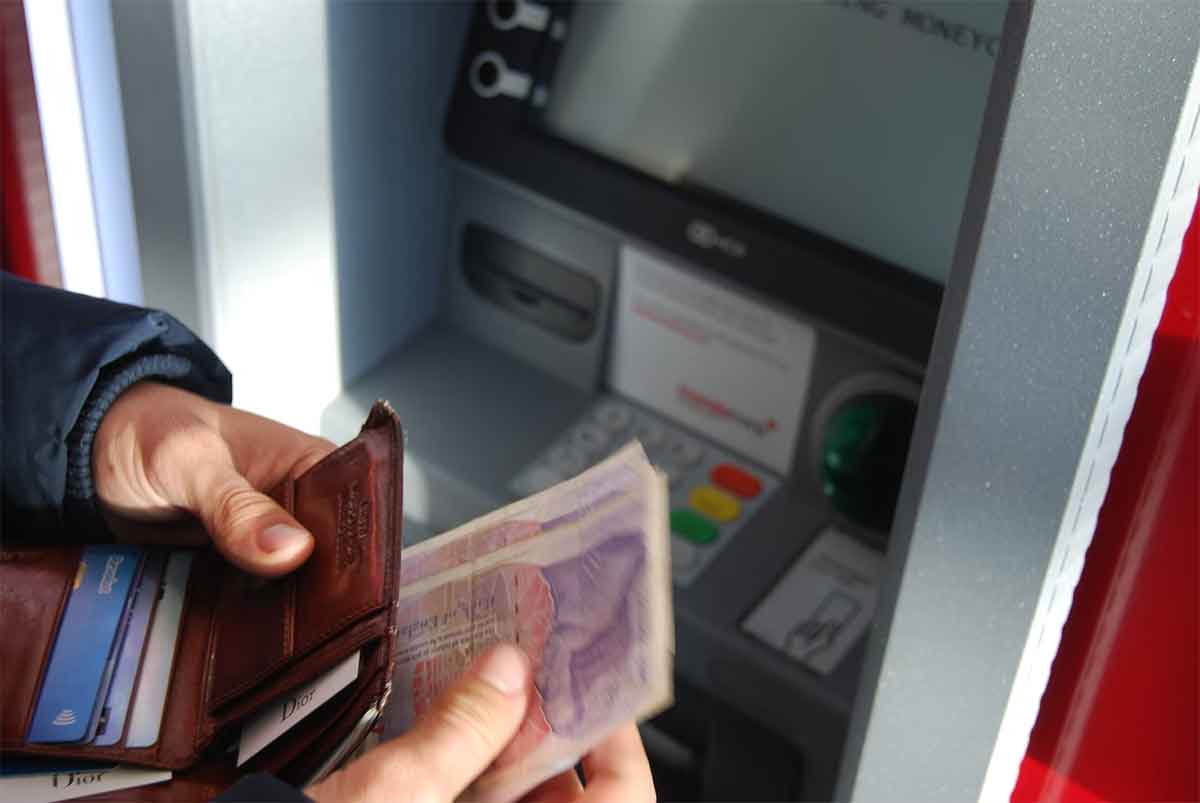Choosing the best bank account is an important decision. It’s not just a matter of keeping your money safe, but also about managing your finances effectively. With so many options available, it can be tough to know where to start. Here are some key factors to consider when deciding how to choose a bank.
Choose The Right Type Of Bank
Three main types of banks are brick-and-mortar, online, and credit unions. Each type has its pros and cons.
Brick-and-Mortar Banks
Brick-and-mortar banks have been around for years and offer a range of services. They have branches in your local area where you can get in-person help if needed. However, they also have higher operating costs, which means they usually charge more fees.
Online Banks
Online banks have lower overheads, which translates to lower fees and better interest rates. However, they don’t have physical branches, so if you need in-person assistance, you may not get it.
Credit Unions
Credit unions are not-for-profit organizations that are owned by their members. They offer similar services to banks but may have more favorable rates and fees. However, they are usually only available to members who meet certain criteria.
Also Read: Dropbox Loses $175M in Real Estate as SF Office Sits Empty
Determine The Types Of Accounts You Need (Best Bank Account)
Different banks offer different account types, and you need to choose one that meets your needs.
Brick-and-mortar banks usually have a more comprehensive range of accounts, including checking, savings, CDs, credit cards, and loans. This makes them a good choice if you want to do all of your banking in one place.
Online banks offer fewer account types, but they often have higher interest rates and lower fees. Some online banks may not provide check accounts, but they may offer other types of accounts like money market accounts.
Consider The Balance You Plan To Keep In The Account
Most banks have minimum balance requirements. If you don’t meet these requirements, you may be charged monthly maintenance fees. Online banks typically have lower balance requirements or no minimum balance requirements at all.
Understand The Fees
Different banks charge different fees. Some of the common fees include monthly maintenance fees, out-of-network ATM fees, overdraft fees, and wire transfer fees. You should compare the fees of a few banks to find the one that offers the best value.
Check The Customer Service
The quality of customer service is an essential factor to consider when choosing a bank. Brick-and-mortar banks typically have a physical location where you can go for assistance, but some online banks may also offer customer service over the phone or online chat. You should check customer reviews to see if other customers have been satisfied with the bank’s customer service.
Also Read: The Rise of a Self Made Millionaire Photographer Katelyn James
Look At The Online And Mobile Banking Tools
Most banks offer online and mobile banking tools to help you manage your accounts. You should check the reviews of the bank’s mobile app to see if it’s user-friendly. If you are someone who prefers mobile banking, you should opt for banks that offer a good mobile banking experience.
Ensure That The Bank Is FDIC-Insured
FDIC insurance is crucial when it comes to keeping your money safe. You should make sure that the bank you choose is FDIC-insured so that your deposits are protected.
Choosing the right bank account can seem like a daunting task, but by considering the above factors, you can make an informed decision. Take your time and compare different banks to find the one that best fits your needs. Remember, the right bank account can help you manage your finances more effectively and give you peace of mind.
Also Read: 5 Reasons Why Women Should Never Depend on a Man for Money
